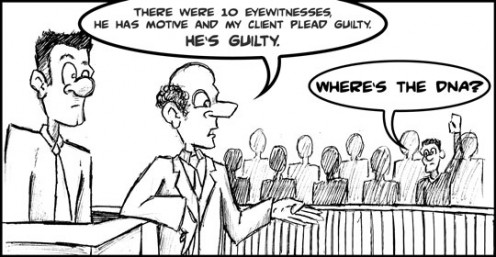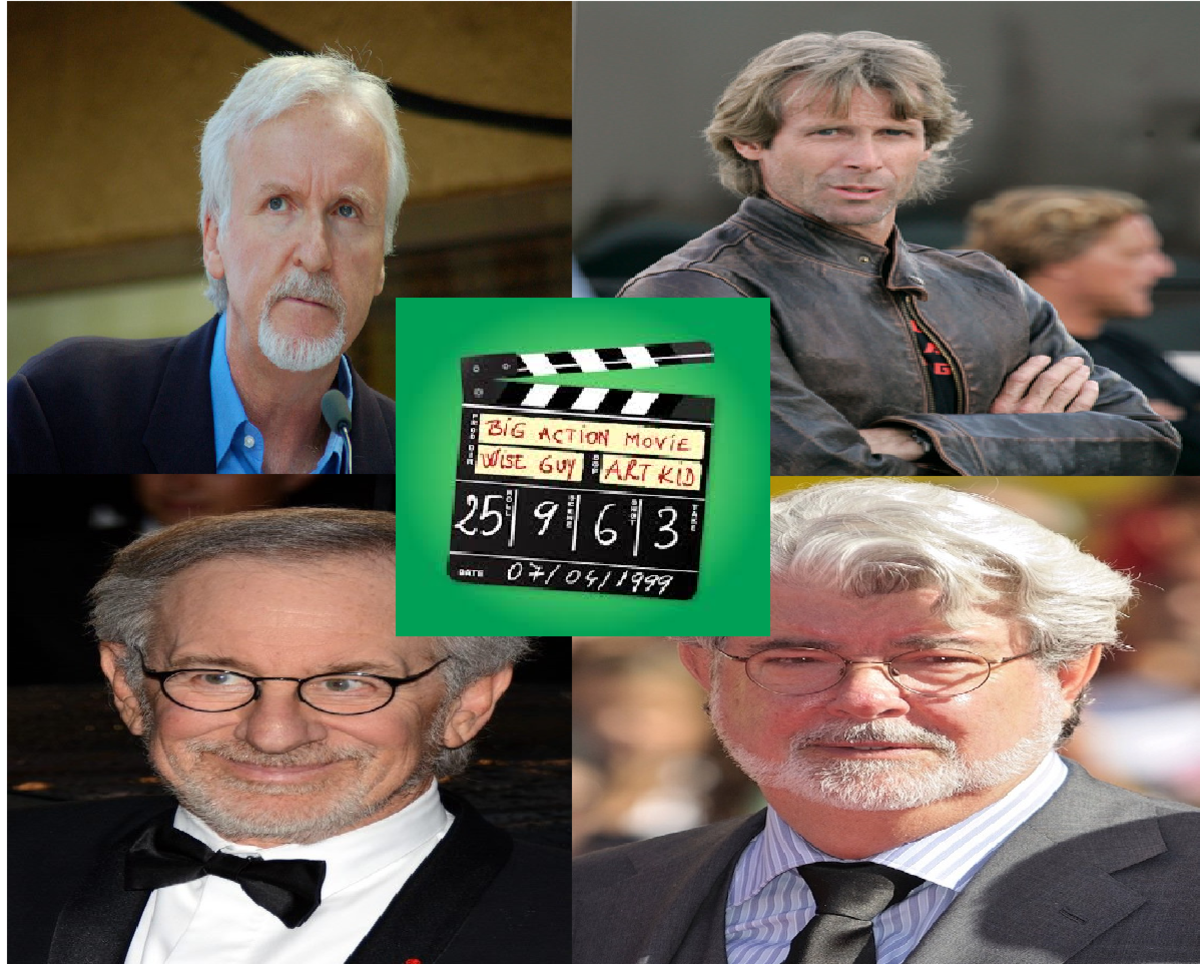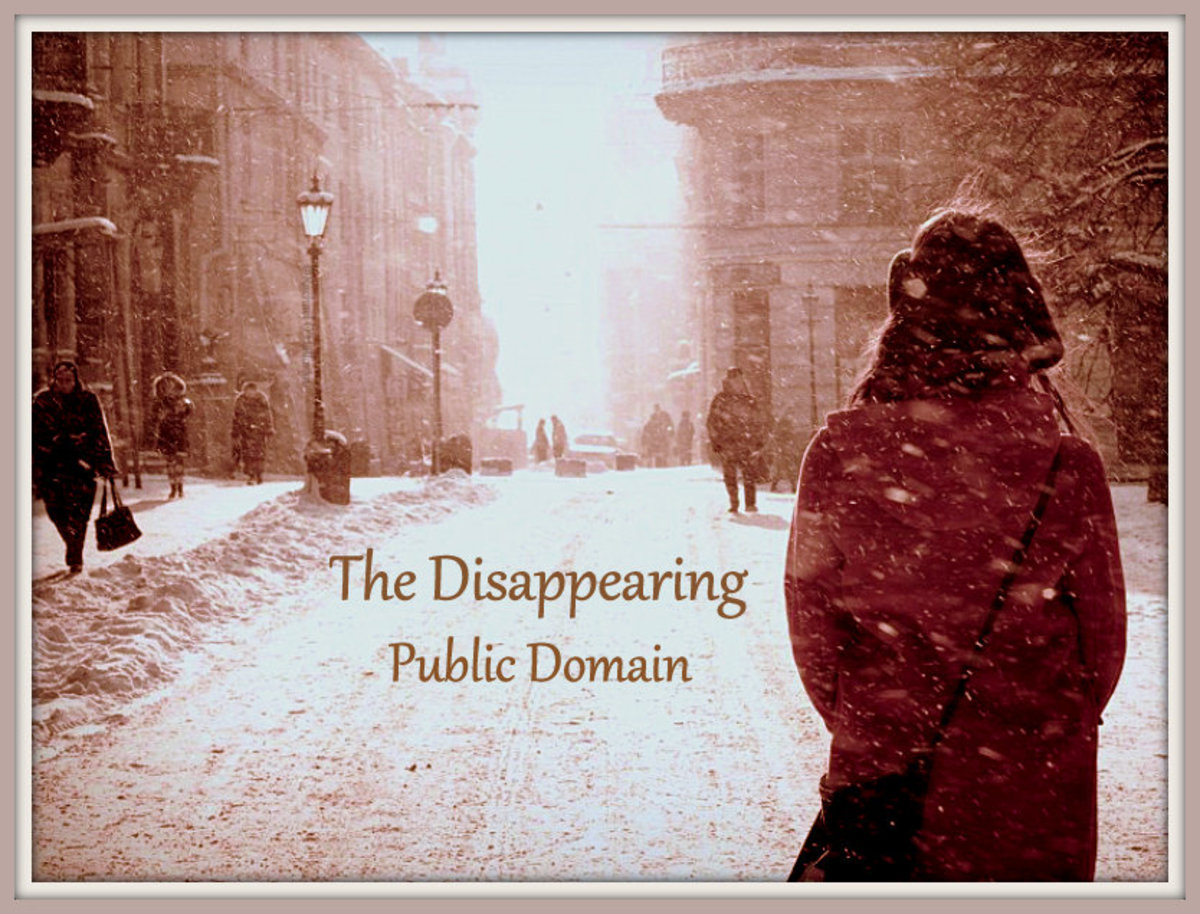The "CSI Effect"
The "CSI Effect"

by Amber Maccione
I served on a jury once for a civil case. But I also knew even as an avid viewer of such shows like CSI, Law & Order, Cold Case, and Criminal Minds that the court room was going to be quite different than a dramatized hour in length T.V. show. The whole concept of the “CSI effect” bases its claim that jurors cannot separate reality from fiction. Granted, I do believe that Hollywood may have duped a few people making them gullible and unfit to really understand their task as a juror, but I do feel most of America that serves our judicial system as a juror has enough common sense to understand that reality is not so cookie cutter dry as the T.V. shows make it appear.
What is it?
This so called “CSI effect” is a theory that prosecutors and the judicial system has brought up as an excuse for why they may not be able to win more cases and why some guilty people walk instead of being convicted. They say that because of Hollywood dramatizing forensic type work, jurors are more demanding of the state to produce convincing evidence in order to meet the requirement of the burden of proof (Blankstein & Guccione 2005). When a jury is listening to prosecutors ask questions of witnesses and experts as well as explain evidence, jurors base what they see and hear on what they have learned from these shows; therefore, creating what is called the “CSI effect” (McRoberts, Mills, Possley 2005). Prosecutors say this makes it hard for them to get a conviction because Hollywood makes it seem like evidence is there and it is quite easy to come by (i.e. gunshot residue, fingerprints, precision from witnesses) (Blankstein & Guccione 2005).
The Conflict
One juror in the Blake case said that when she was selected as a juror, the T.V. shows about forensics did give her a sort of expectation of what to expect when having to make a decision about whether the burden of proof was met by the prosecution (Blankstein & Guccione 2005). Prosecutors also say that jurors not only have higher expectations of what will actually be presented as evidence, but have an unrealistic view of the labs that are used to test the evidence. They say that jurors think labs are filled with super technology that makes it easy and fast to test gathered evidence in time to present in court for trial (Blankstein & Guccione 2005). And the other thing they say is that jurors lack knowledge about the fact that physical evidence is not as readily available as these T.V. shows depict and that circumstantial evidence is sometimes the main evidence that prosecutors have to build their case upon (Blankstein & Guccione 2005).
Our Constitution demands that the prosecution bear the burden of proof and be able to prove to the jury that the defendant committed the offense beyond reasonable doubt. So on the flip side of things, the “CSI effect” could be doing some good by forcing the prosecution to do better work in making sure their witnesses and evidence are sound in order to ensure that the burden of proof is met (McRoberts, Mills, & Possley 2005). Because of T.V. shows such as CSI, jurors have become more aware of the burden of proof, types of evidence, expert witnesses, etc. In some ways, these shows have educated people on understanding what prosecutors could bring to the table in order to prove a person’s guilt.
Although this “CSI effect” could be seen as positive or negative, prosecutors tend to see it has a burden within the burden they already have to prove. They complain about jurors complaining and insisting that there be harder evidence and more believable witnesses (Blankstein & Guccione 2005 & McRoberts, Mills, & Possley 2005). Therefore, prosecutors have begun to fight back. They are now calling in experts to explain why the state may have decided to not show certain evidence or why certain tests that jurors may have seen within T.V. shows were not used in this case. They have also begun to ask experts to explain why evidence such as fingerprints and DNA are rare in many cases (McRoberts, Mills, & Possley 2005).
The "CSI Effect"
Is the "CSI Effect" a legitimate concern?
Is it a real legitimate concern?
Whether there is such a thing as the “CSI effect” or not, T.V. shows that dramatize forensic science, law enforcement actions, and the court room process bring awareness to Americans about the world of criminal justice. Some people would have no clue as what to expect if it wasn’t for shows such as CSI, Law & Order, Cold Case, and Criminal Minds. But as much as these shows bring awareness, Americans also need to be educated as to what reality is and what is fictional. Hollywood should be responsible as to put up a disclaimer to the watcher that although there is some truth behind forensic sciences and legal actions within the show, the audience should also be aware that these shows are dramatized for entertainment purposes and may not depict what is actually able to be produced in real life cases. And on the flip side of things, prosecutors should not become so relaxed when it comes to the burden of proof. Jurors should push the state to make sure that evidence is processed correctly and taken when the case was investigated. Overall, I do not think that the “CSI effect” is really a legitimate concern. I think it has brought balance to the court room by making jurors more educated about the process and forcing our court system to be more responsible with how they present a case and try to convict a defendant.
Resources
Blankstein, A. & Guccione, J. (2005, March 22). The Blake verdict and the ‘CSI effect’. Chicago Tribune. Retrieved from http://articles.chicagotribune.com/2005-03-22/features/0503220030_1_blake-case-csi-effect-bonny-lee-bakley
McRoberts, F., Mills, S., & Possley, M. (2005, June 5). Fact or fiction?; The jury is still out on the CSI effect; A tv-insprired interest in forensics has left the courtroom vulnerable to junk science. Chicago Tribune. Retrieved from http://articles.chicagotribune.com/2005-06-05/news/0506050003_1_csi-effect-forensic-jurors
Copyright © 2013 http://ambercita04.hubpages.com/ All Rights Reserved





